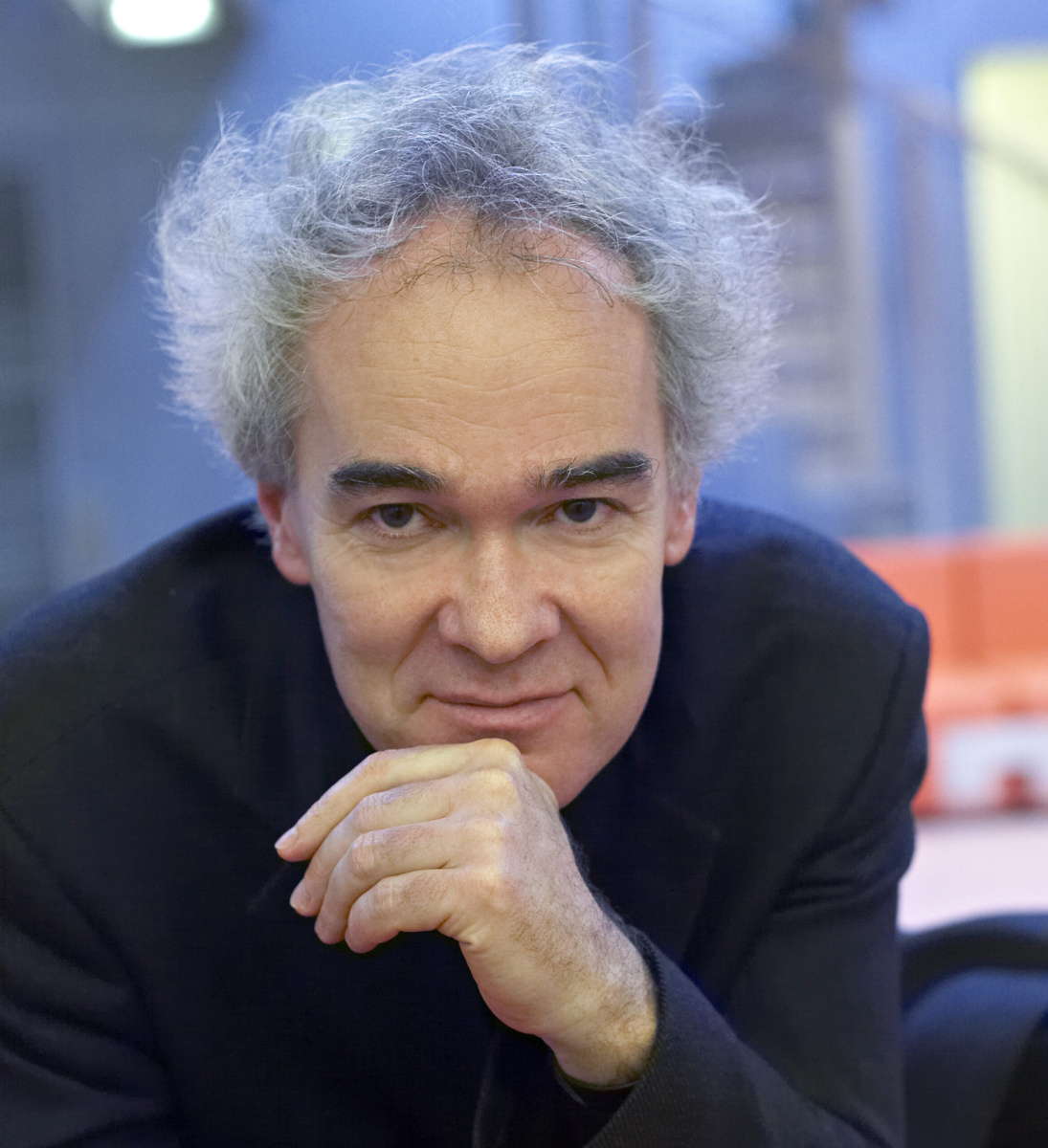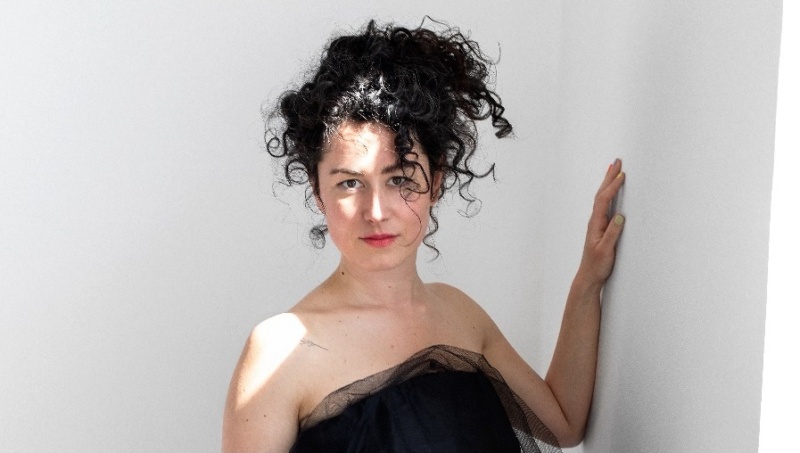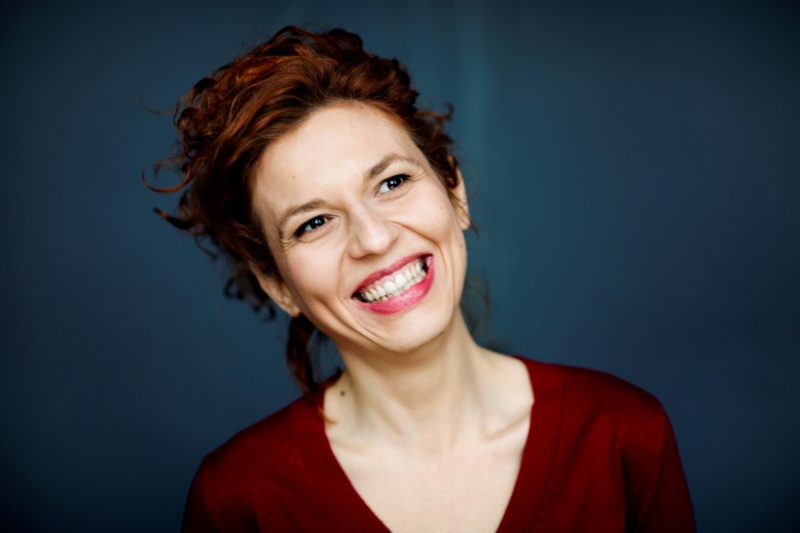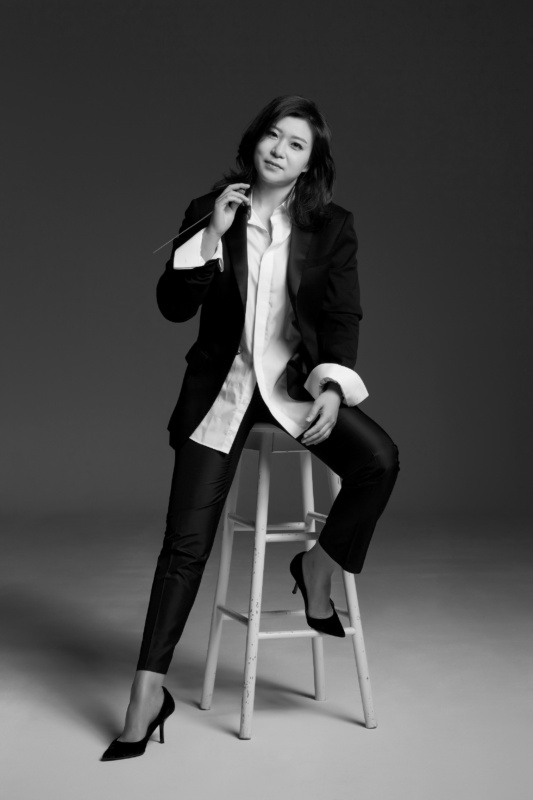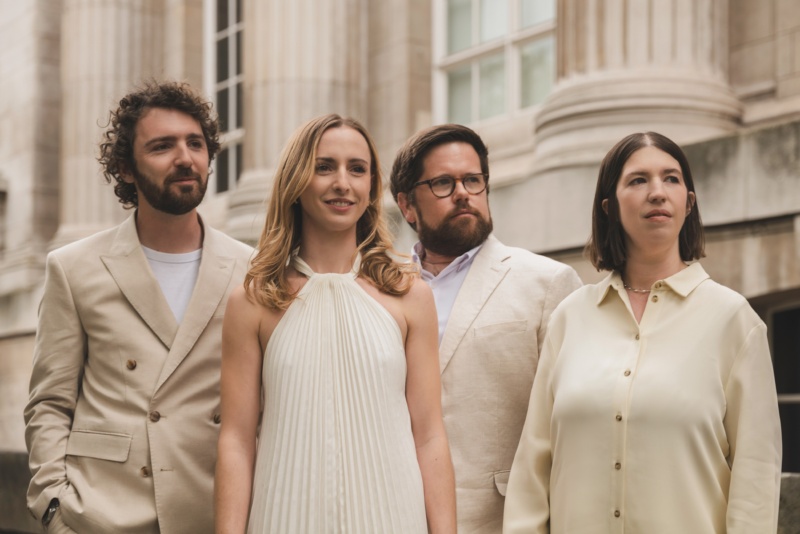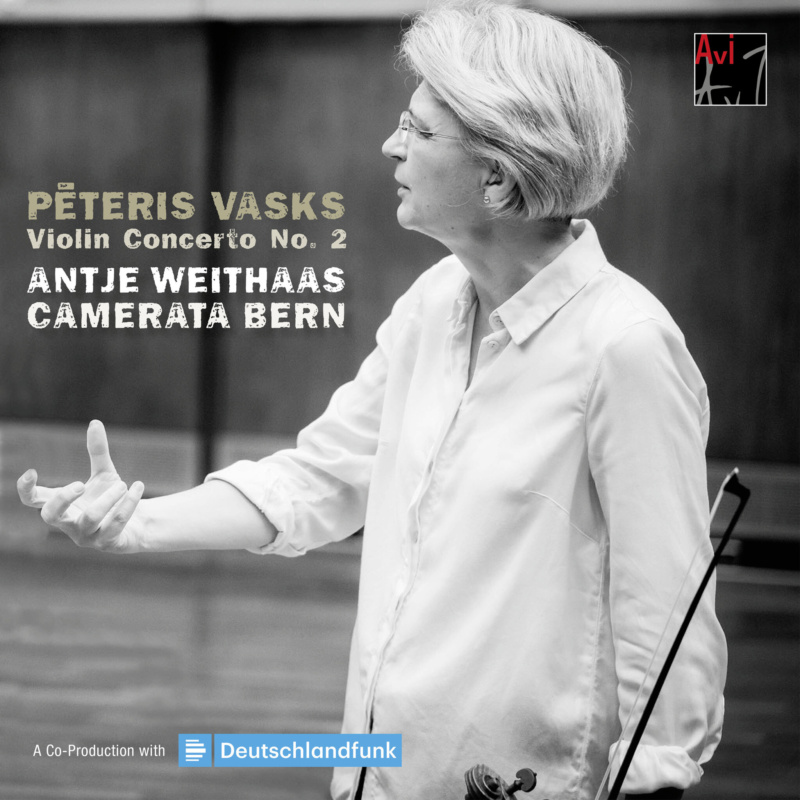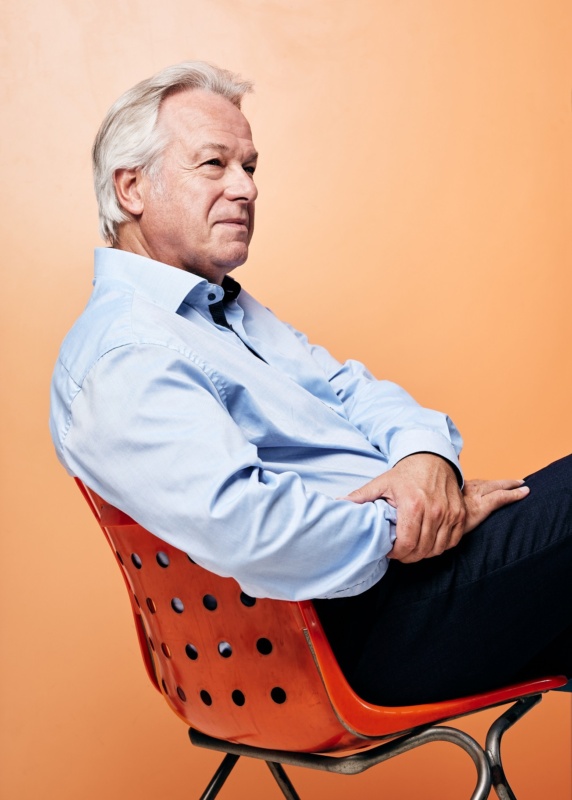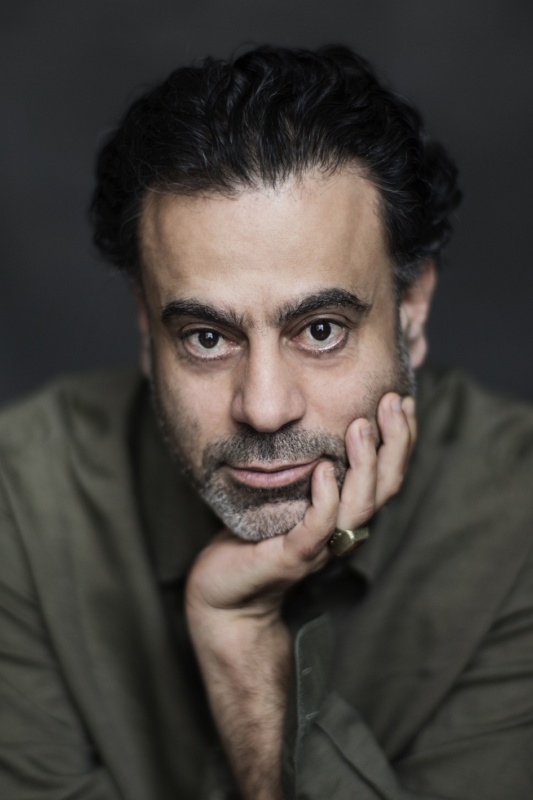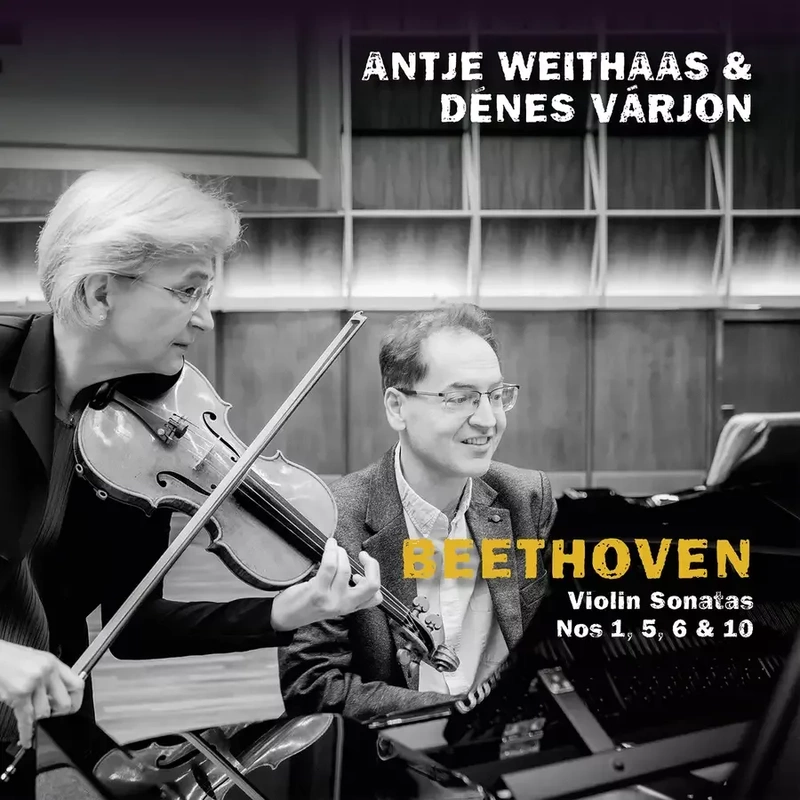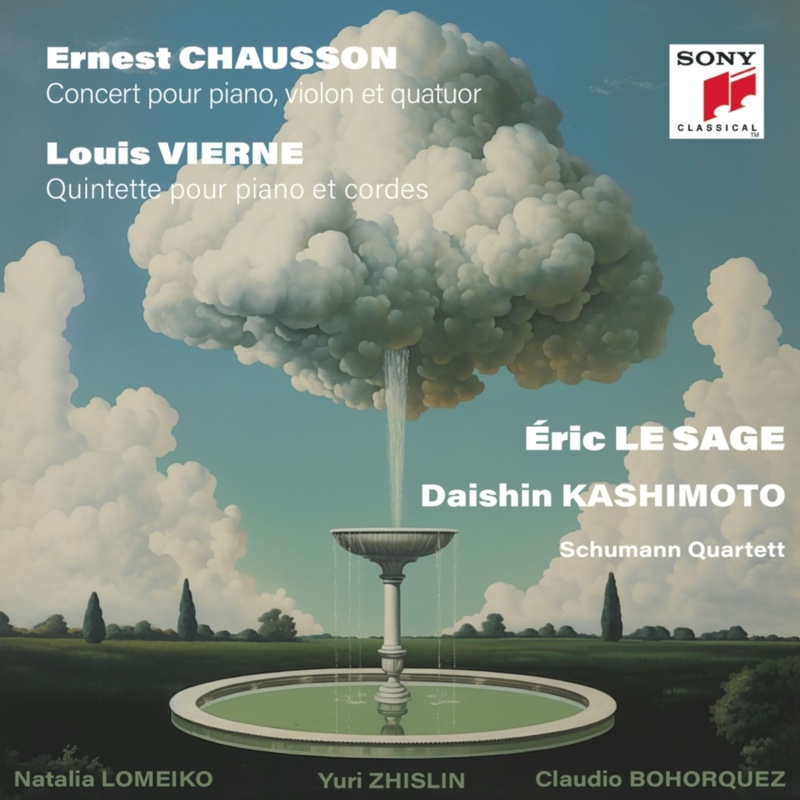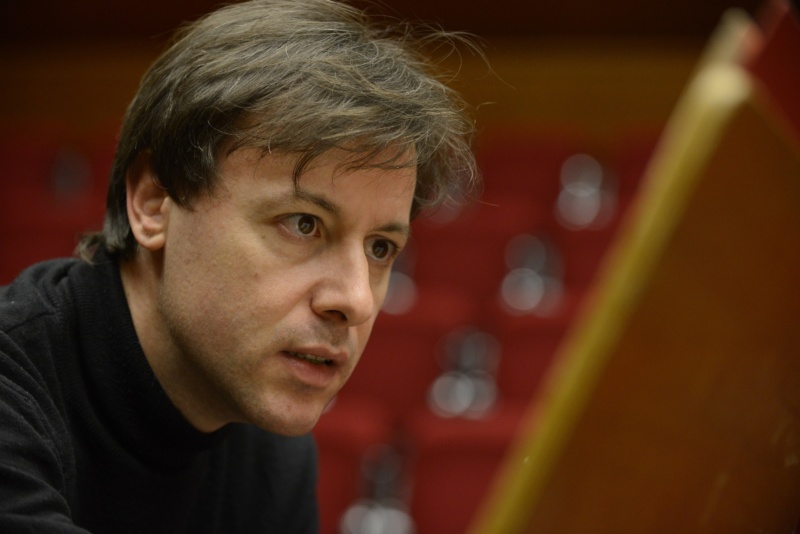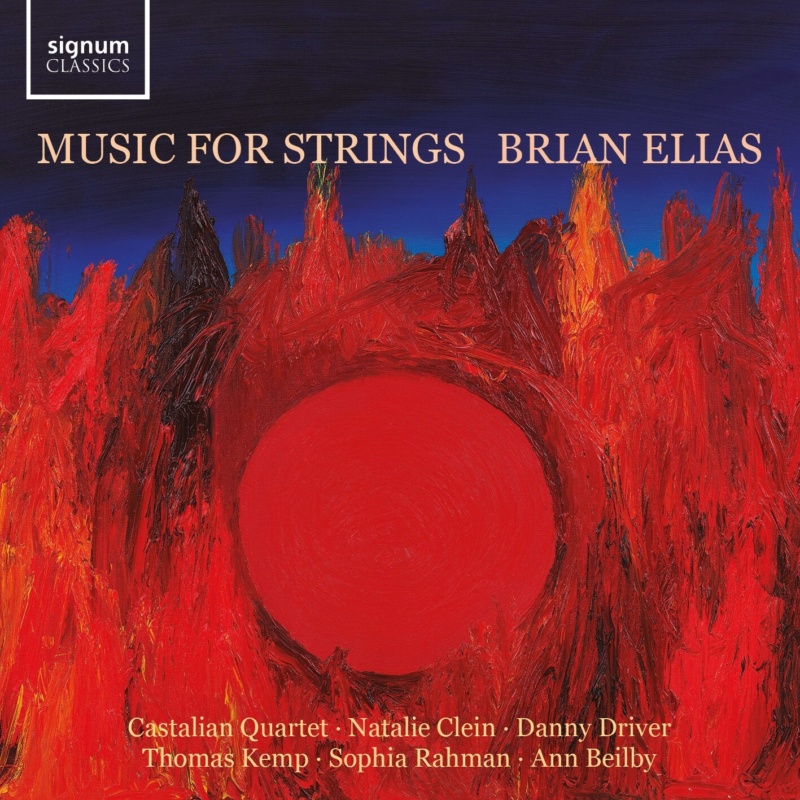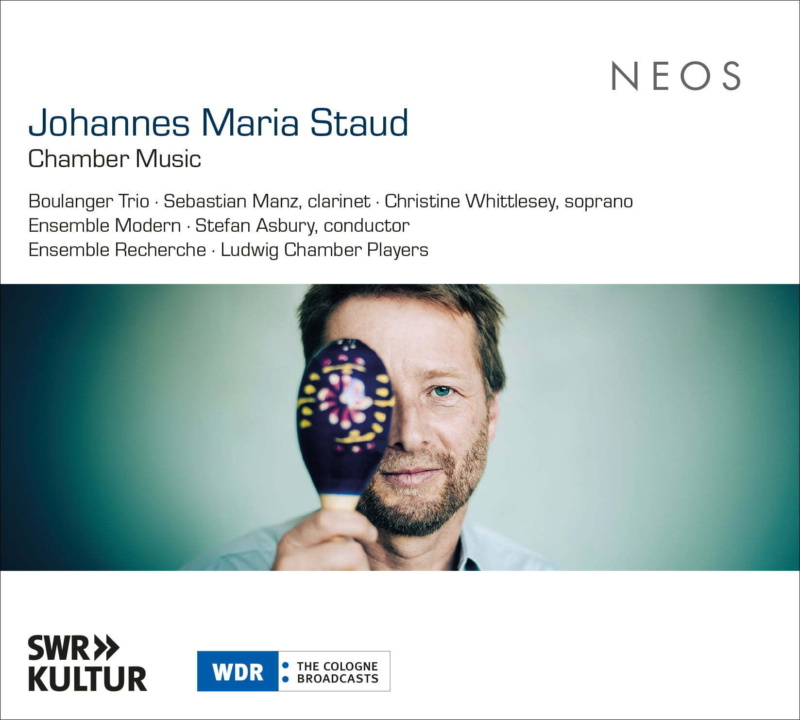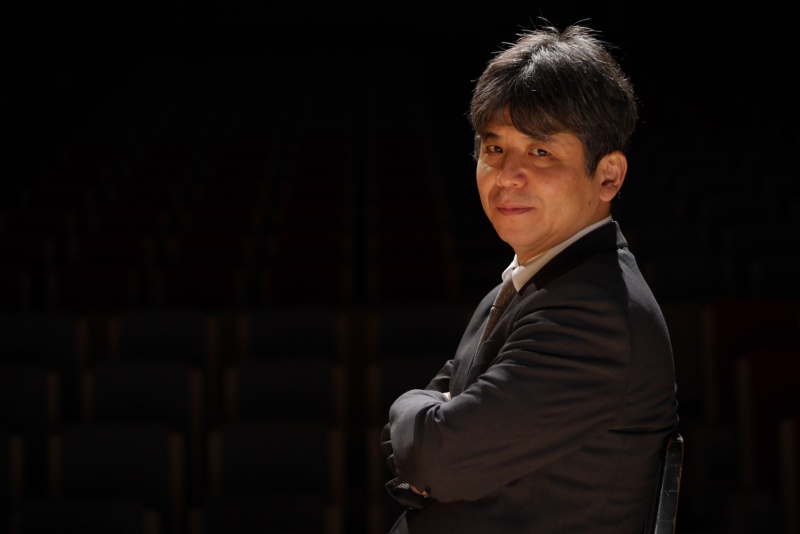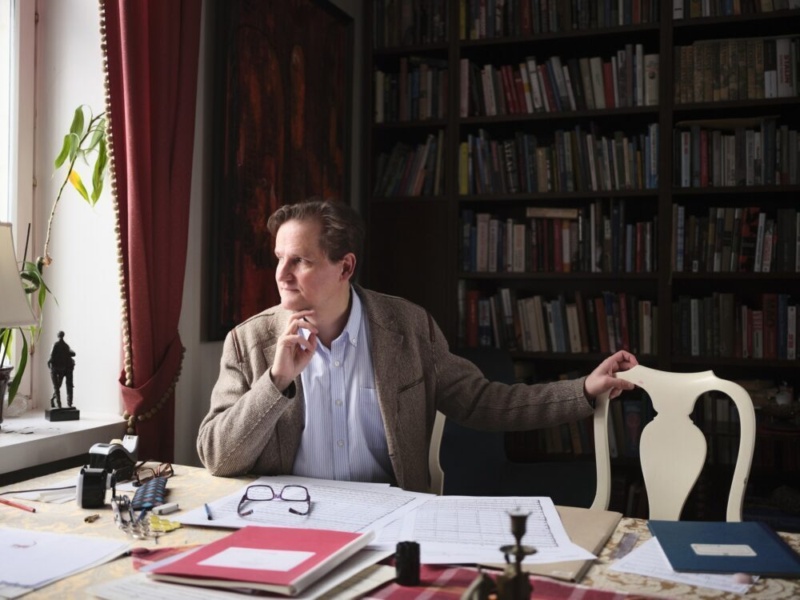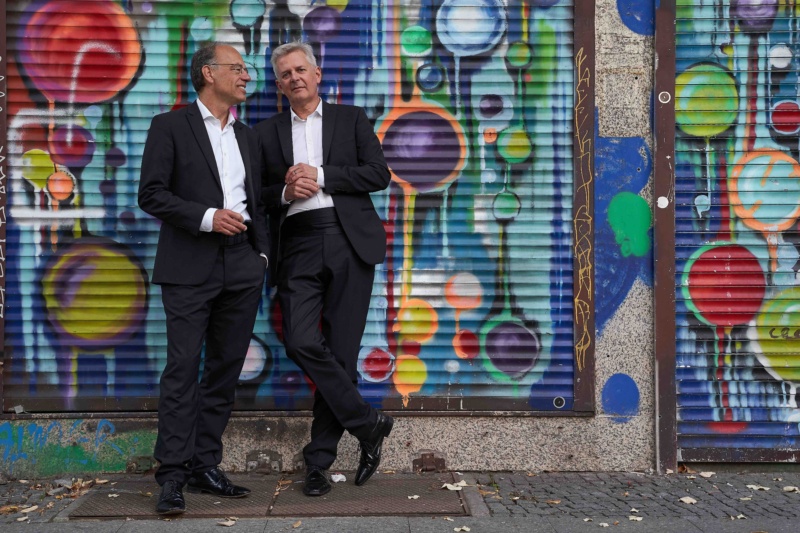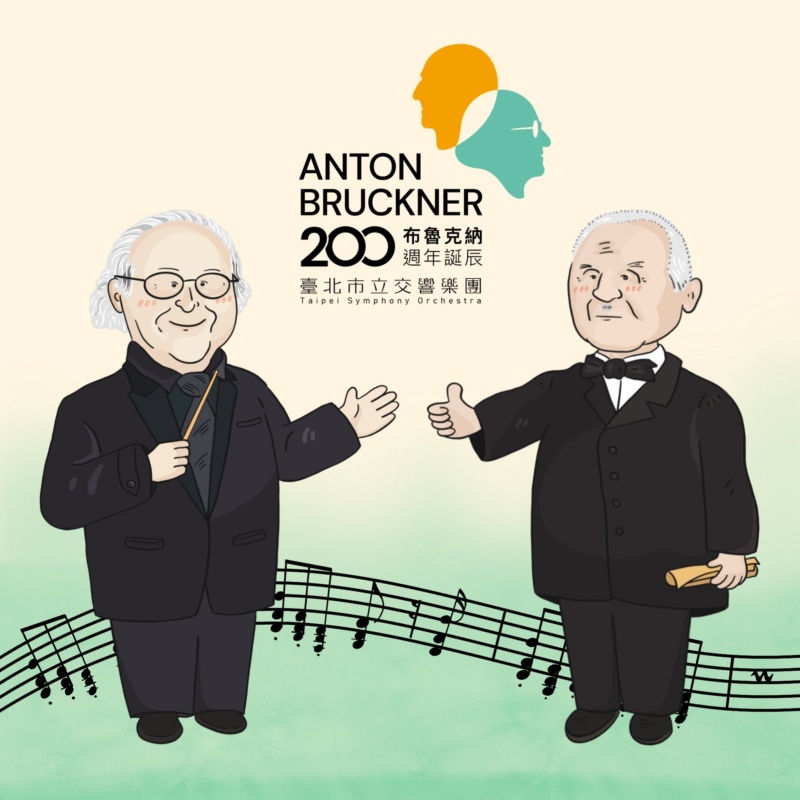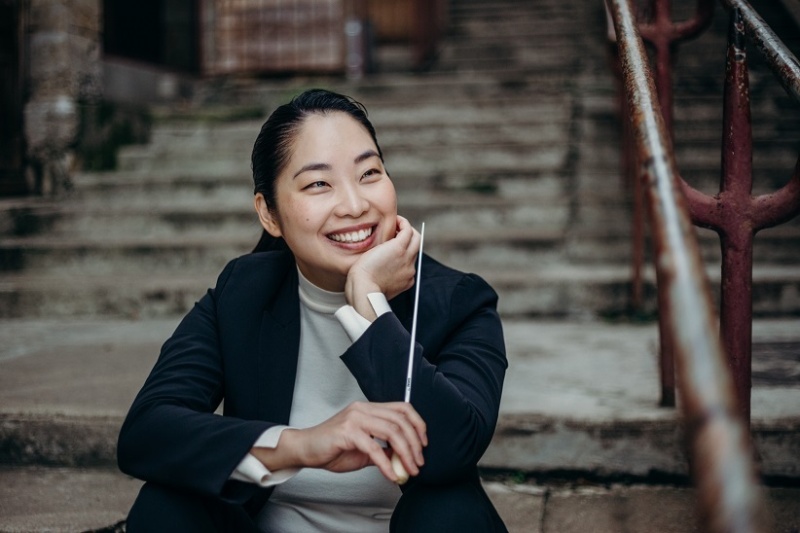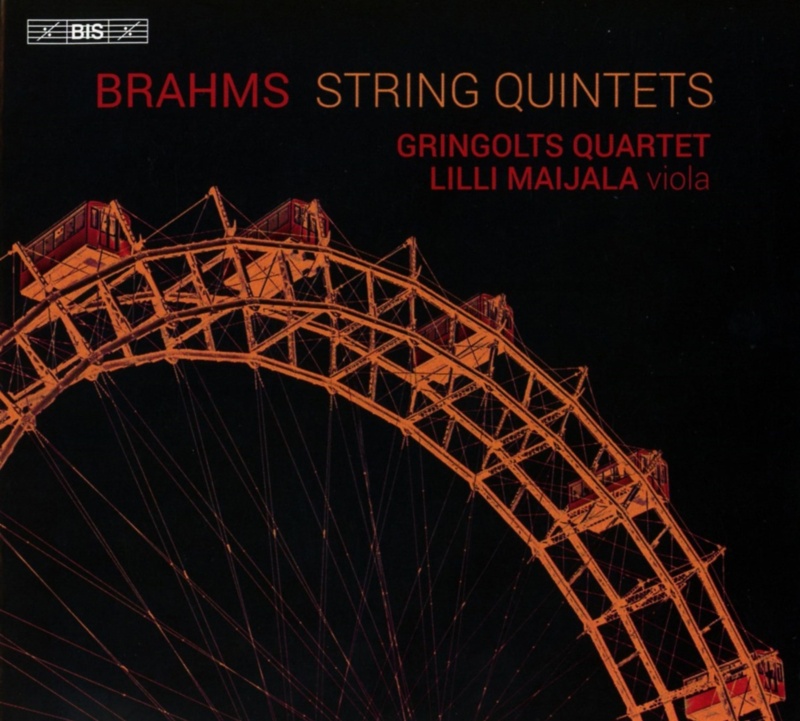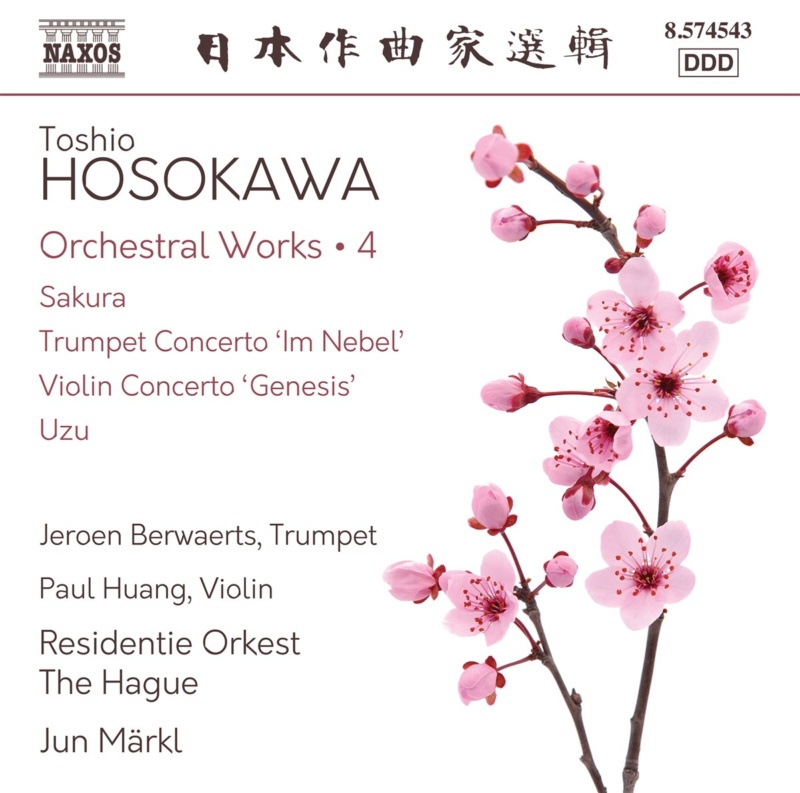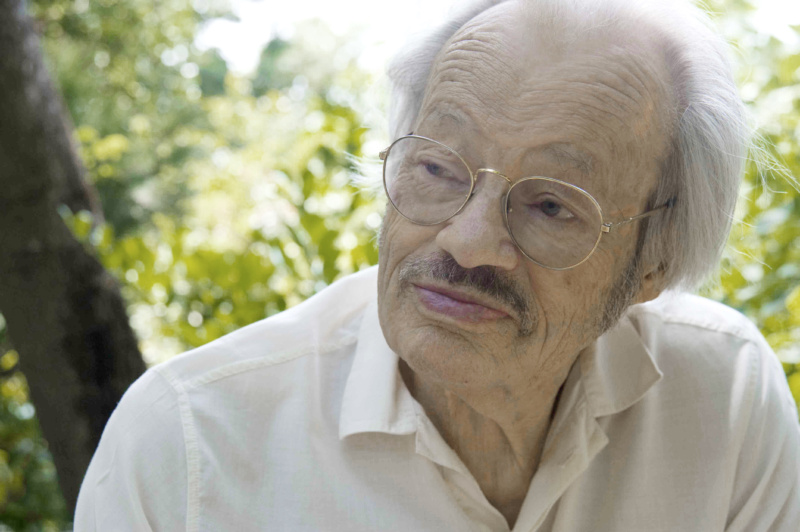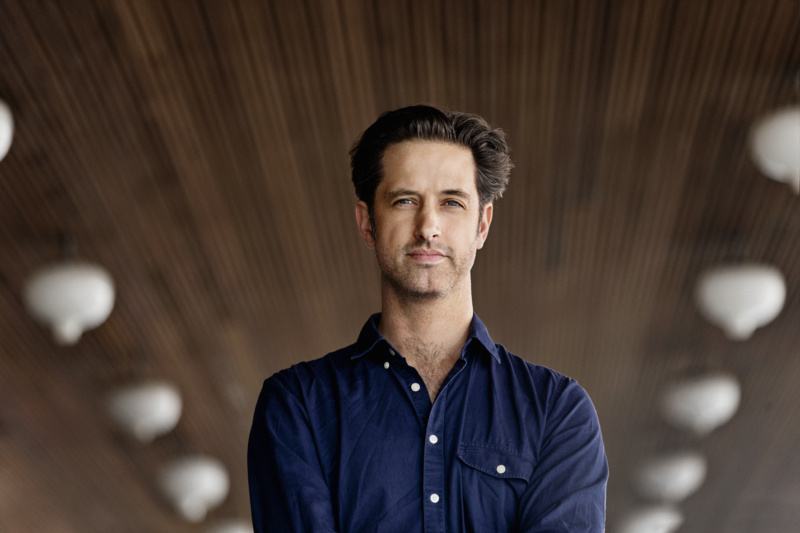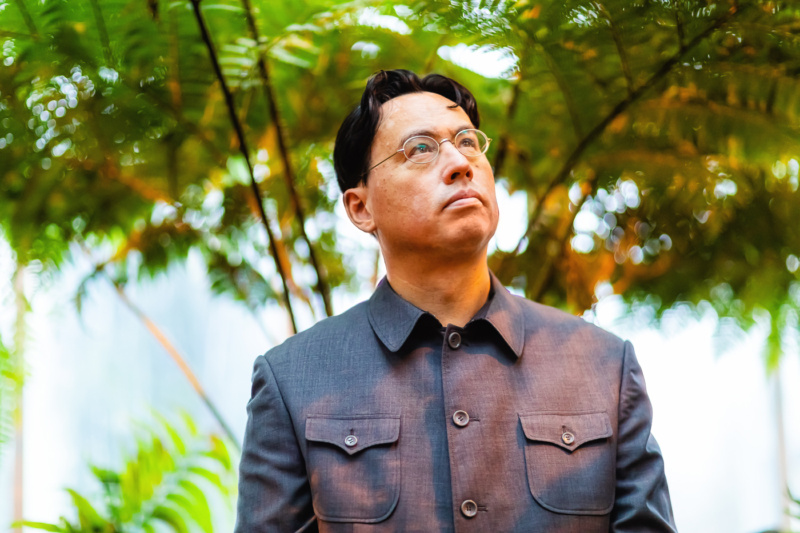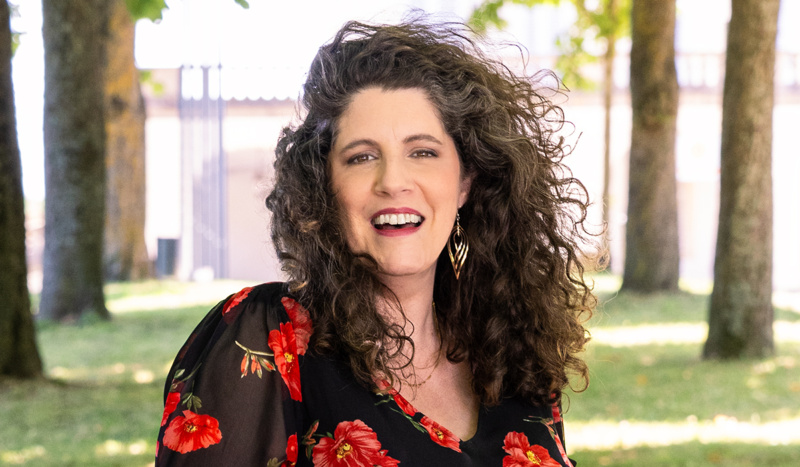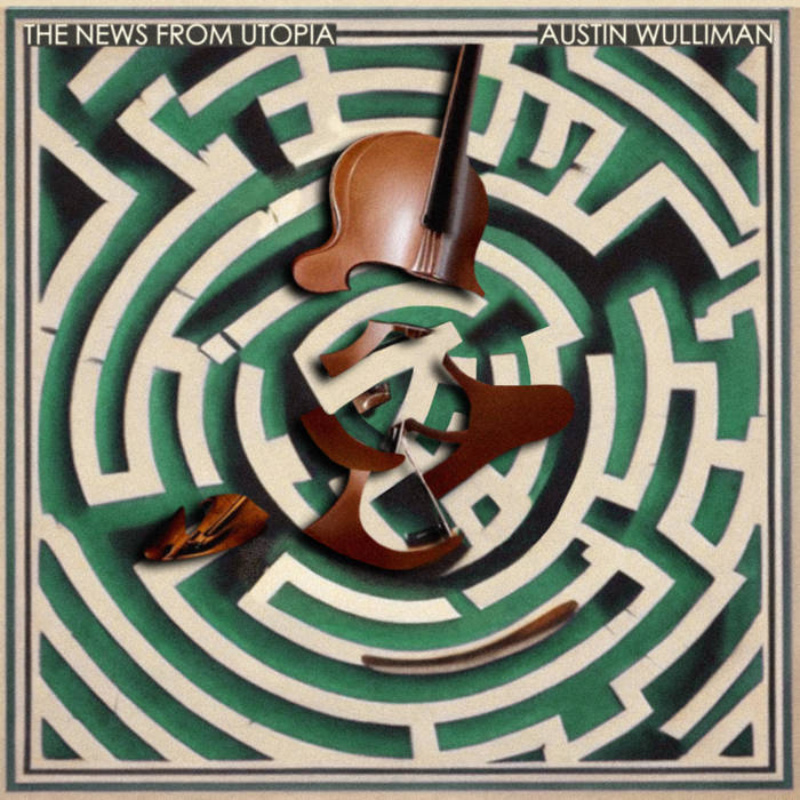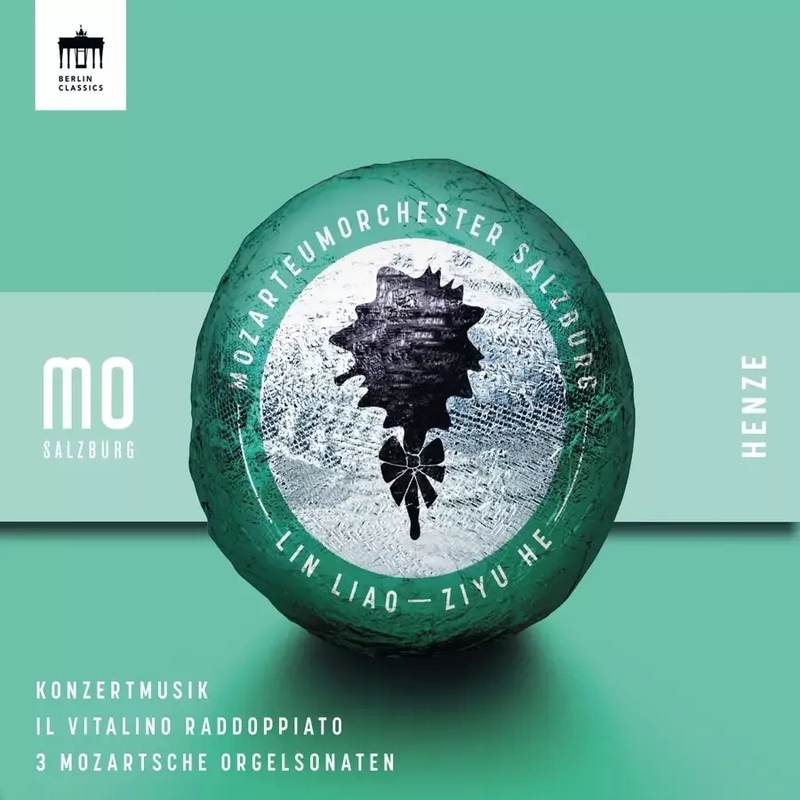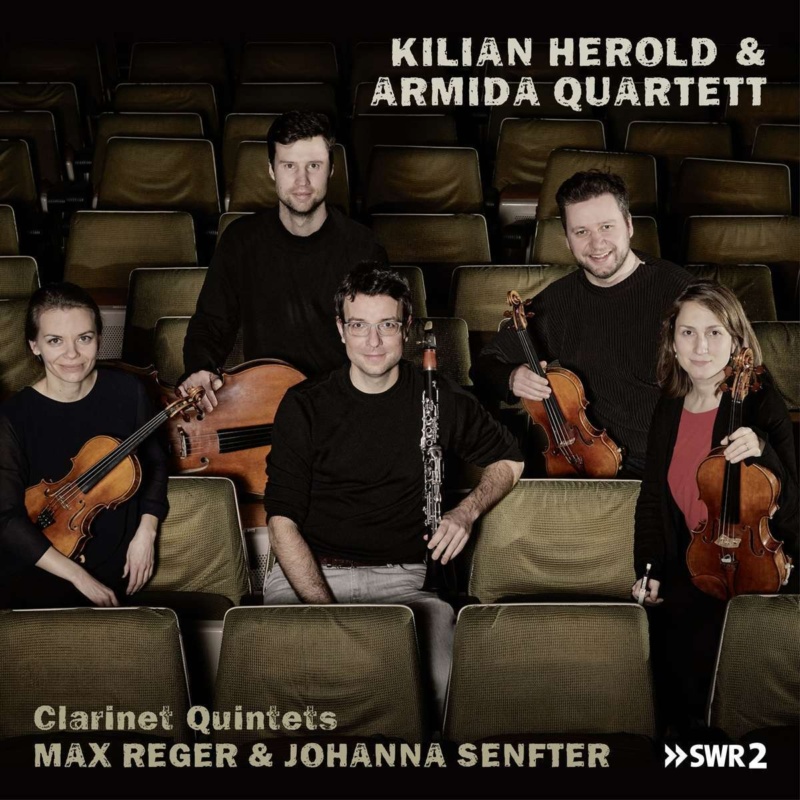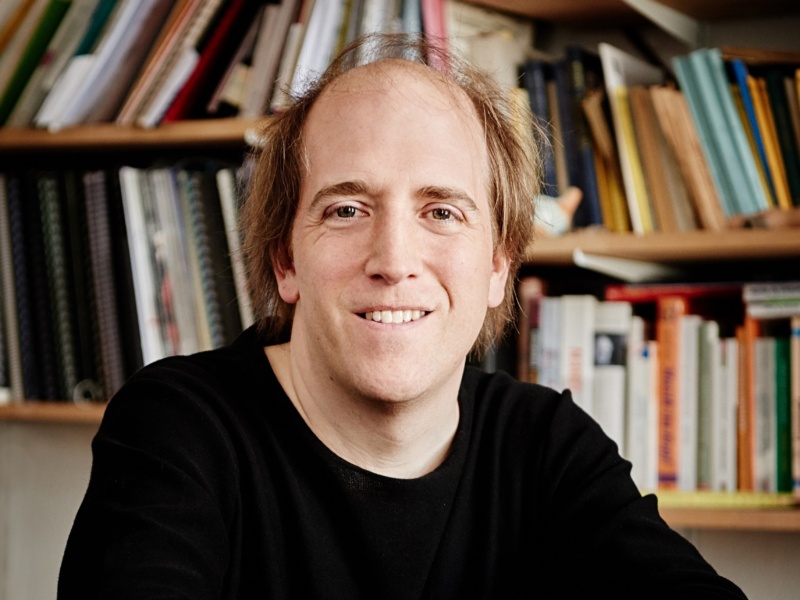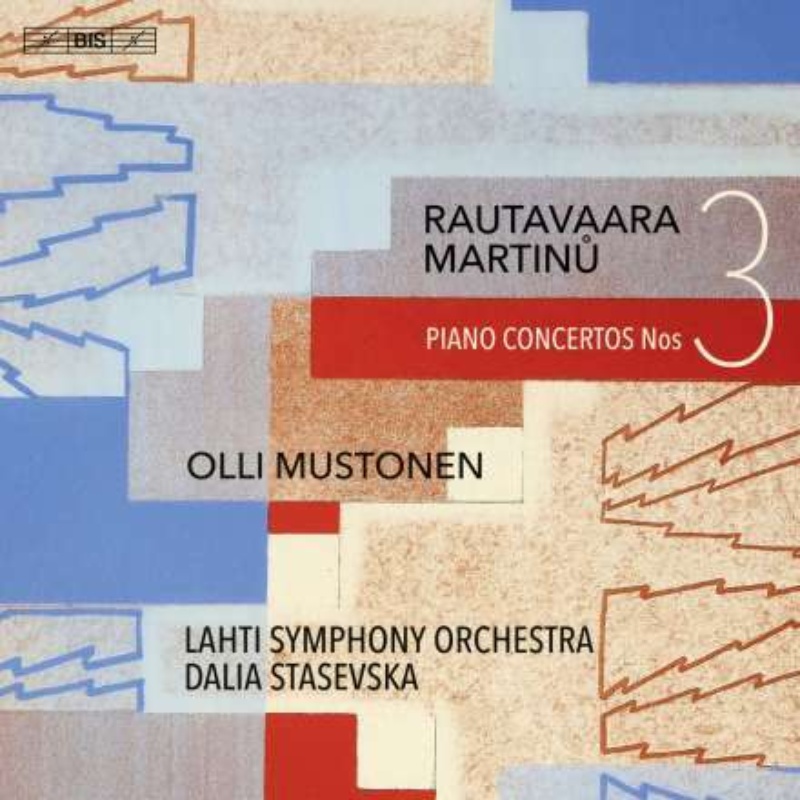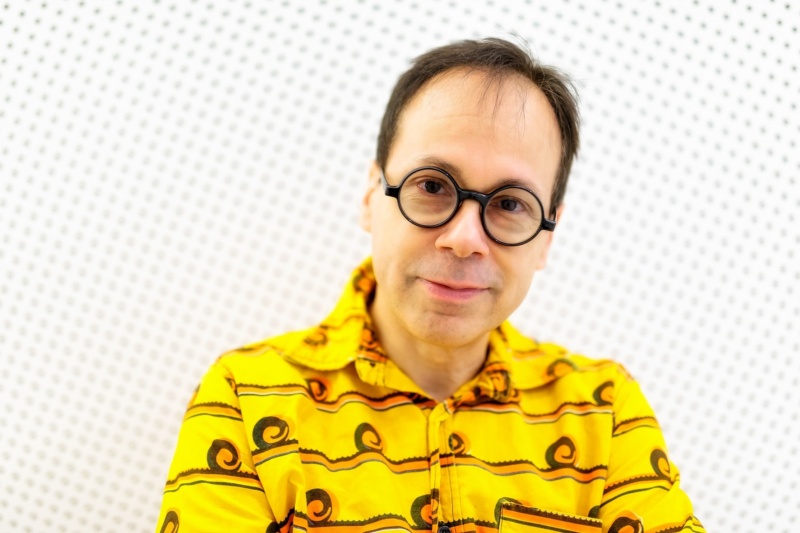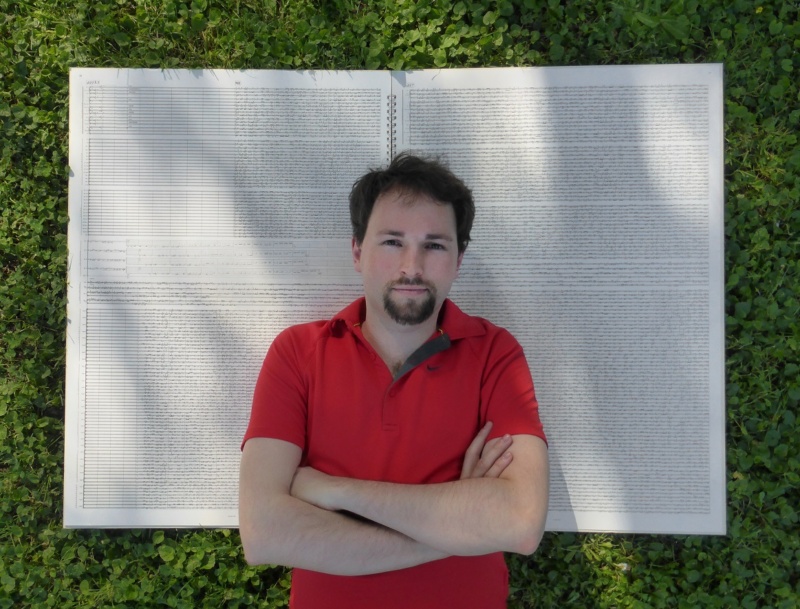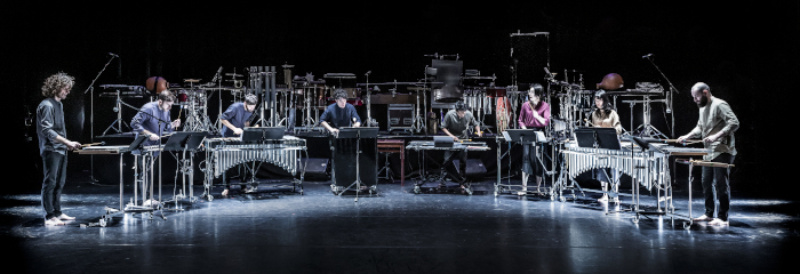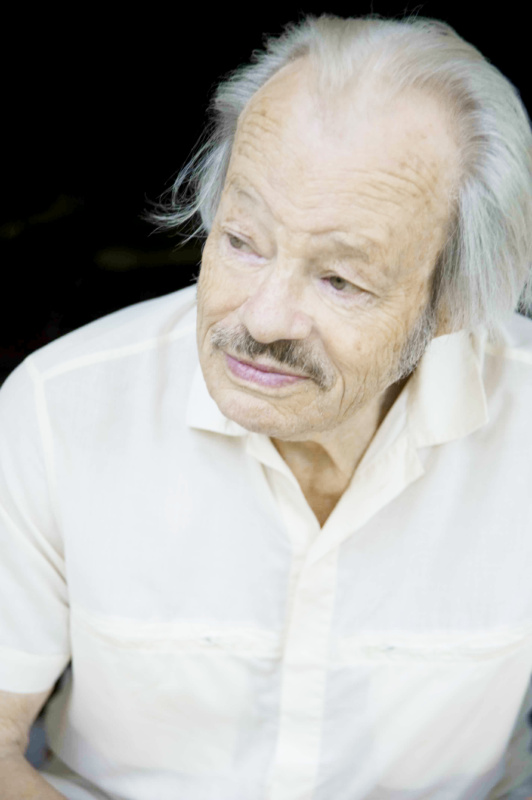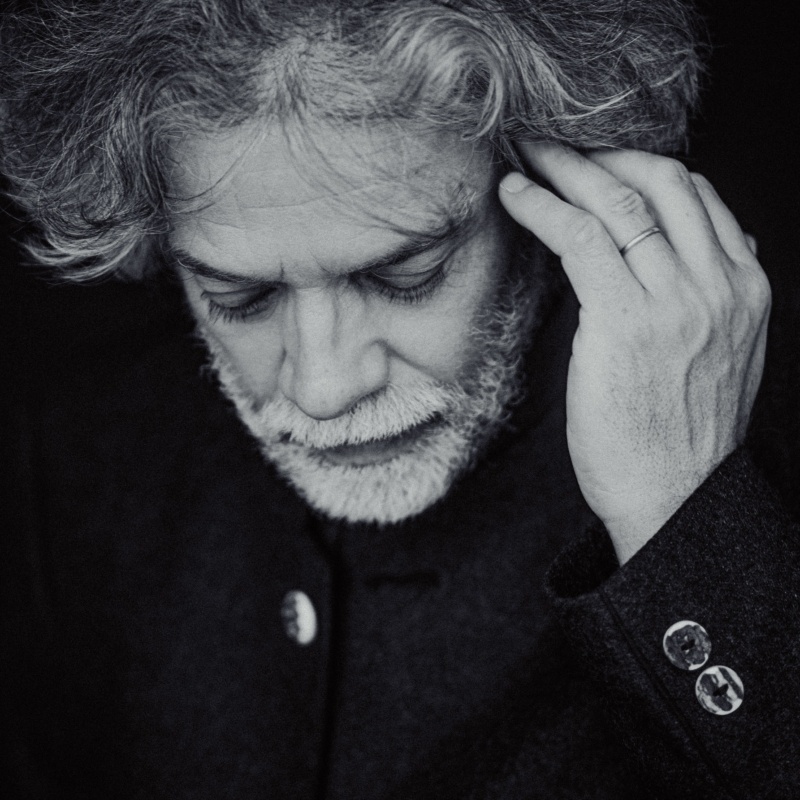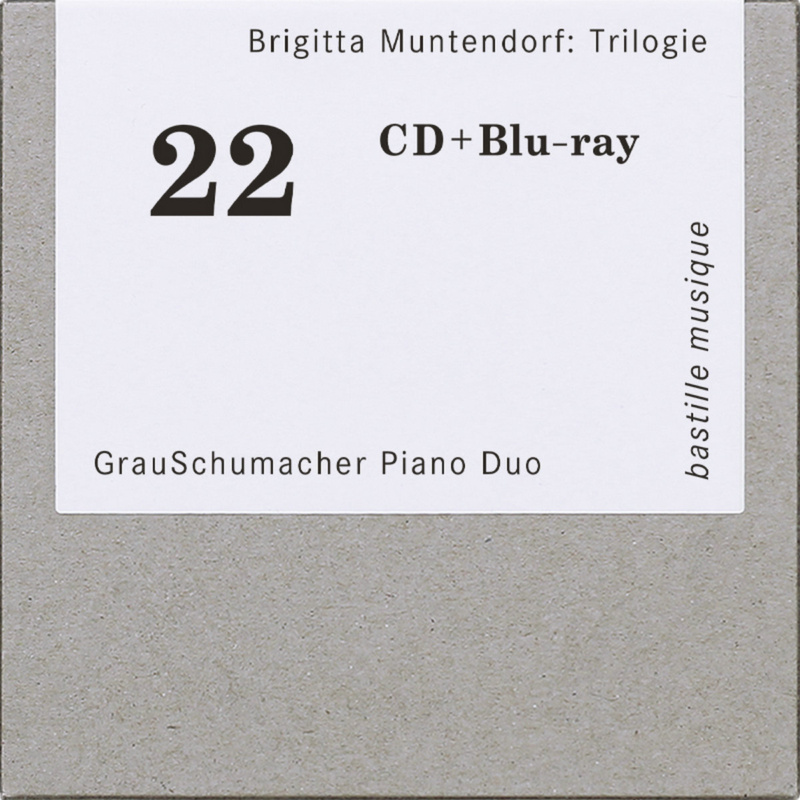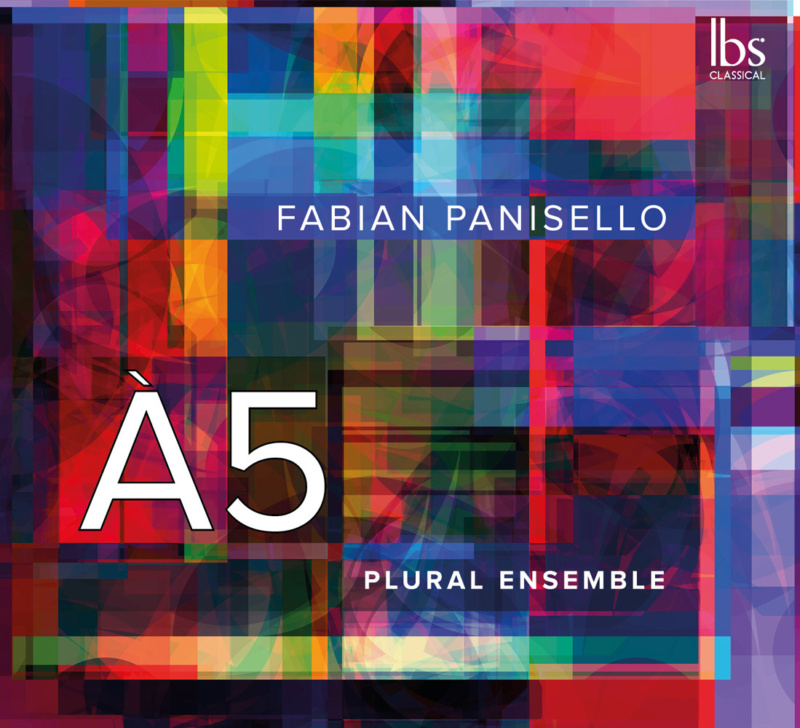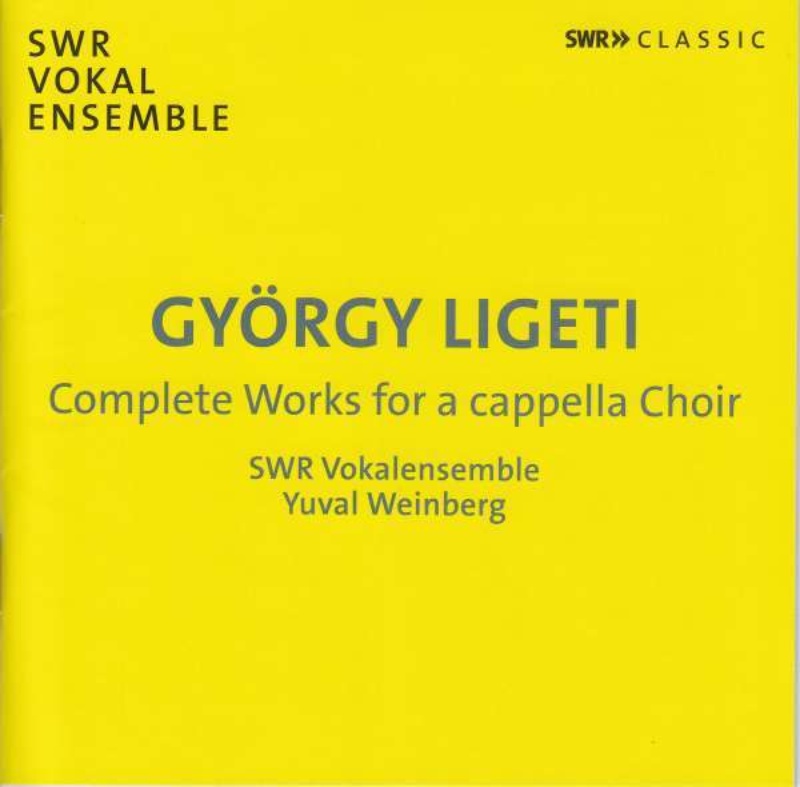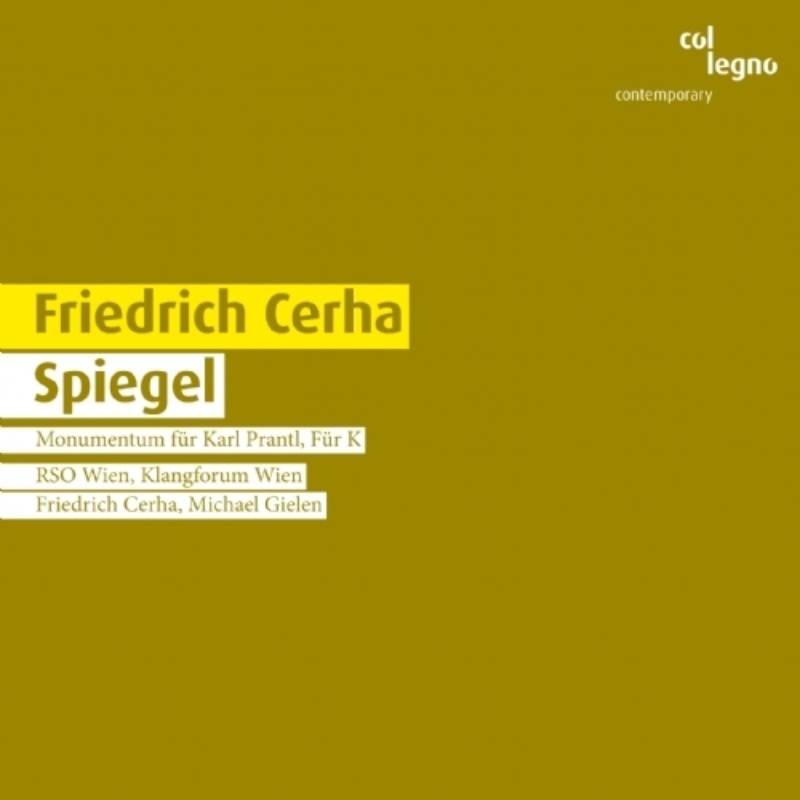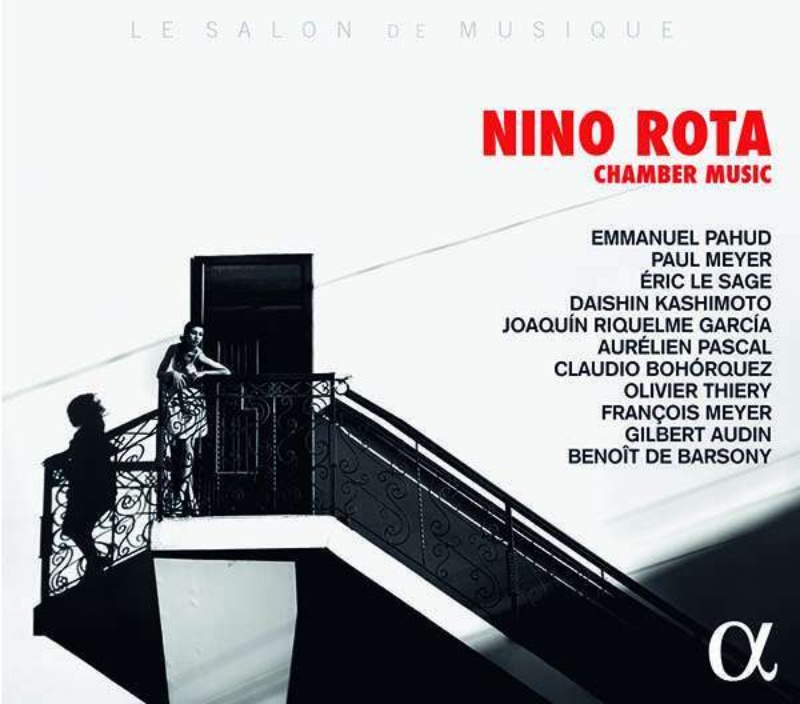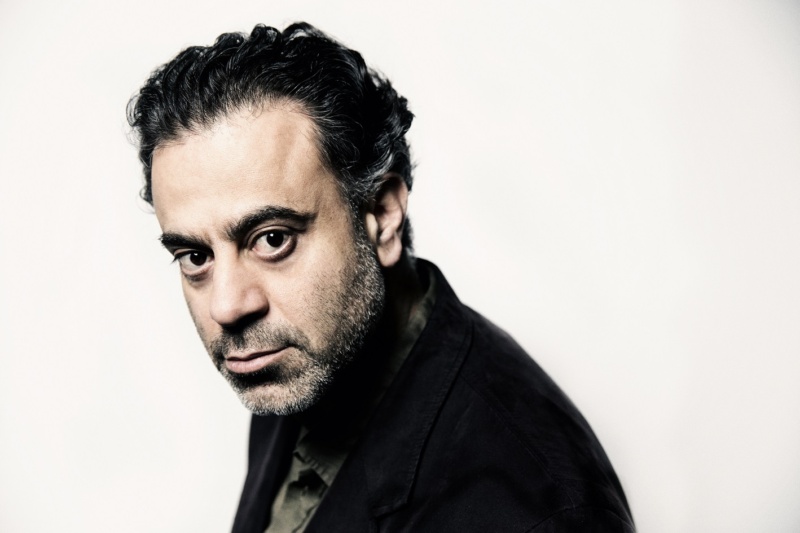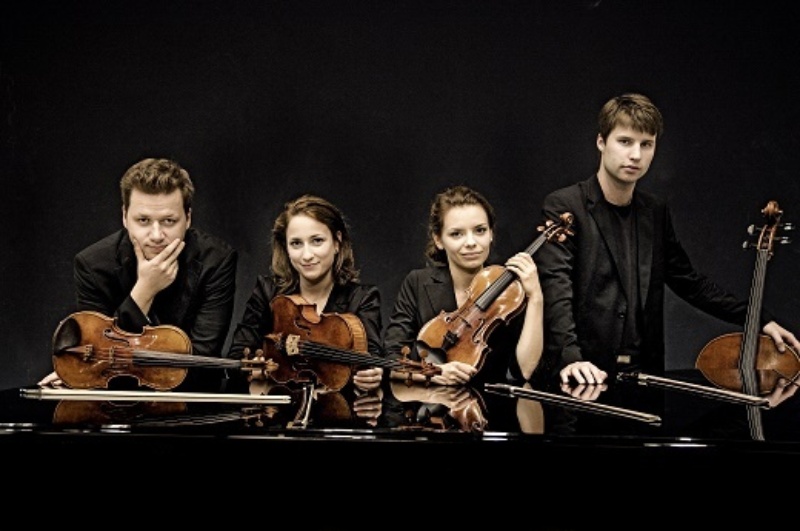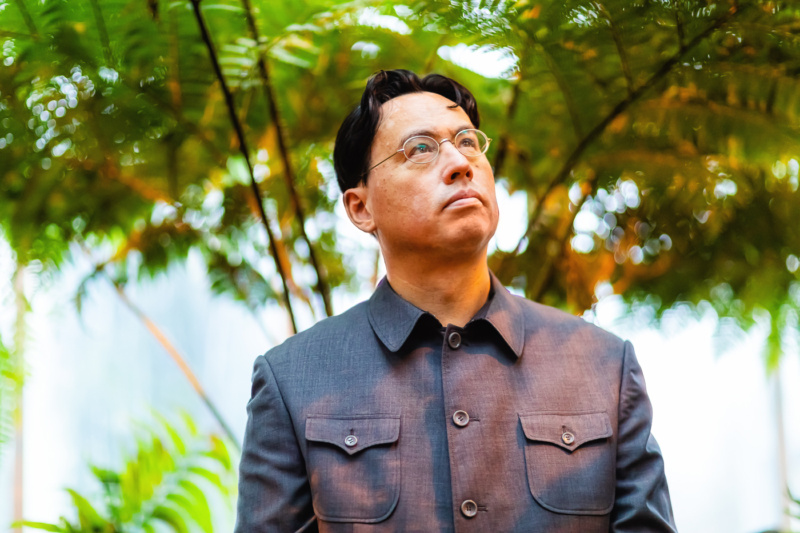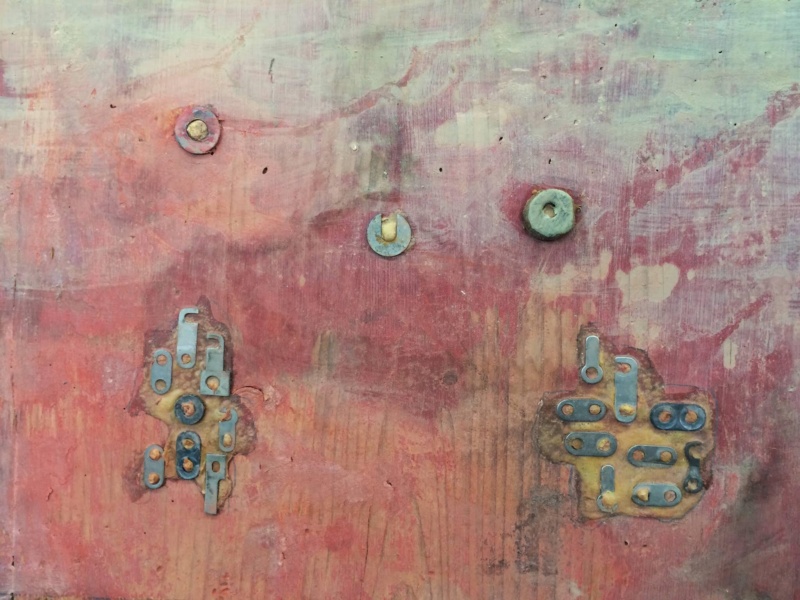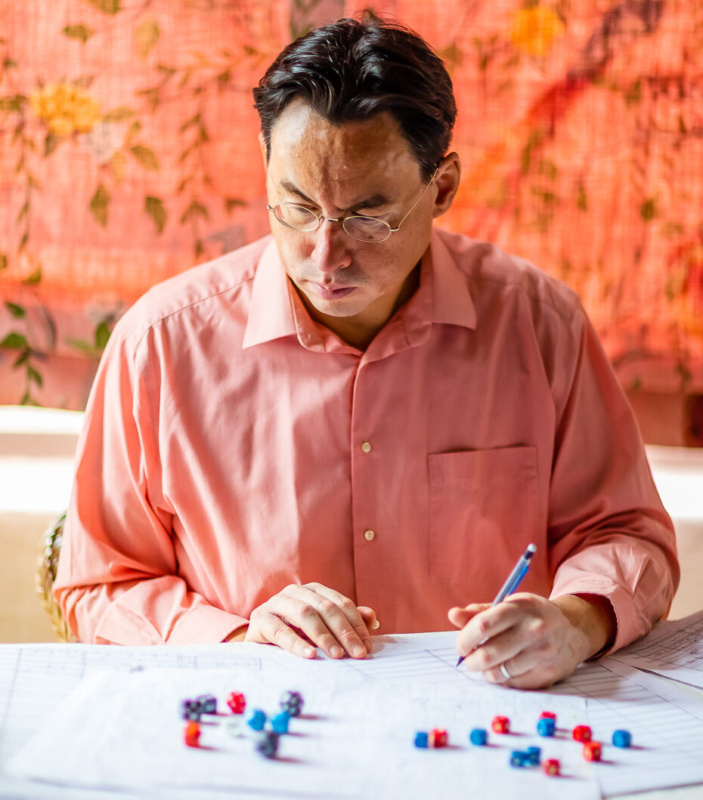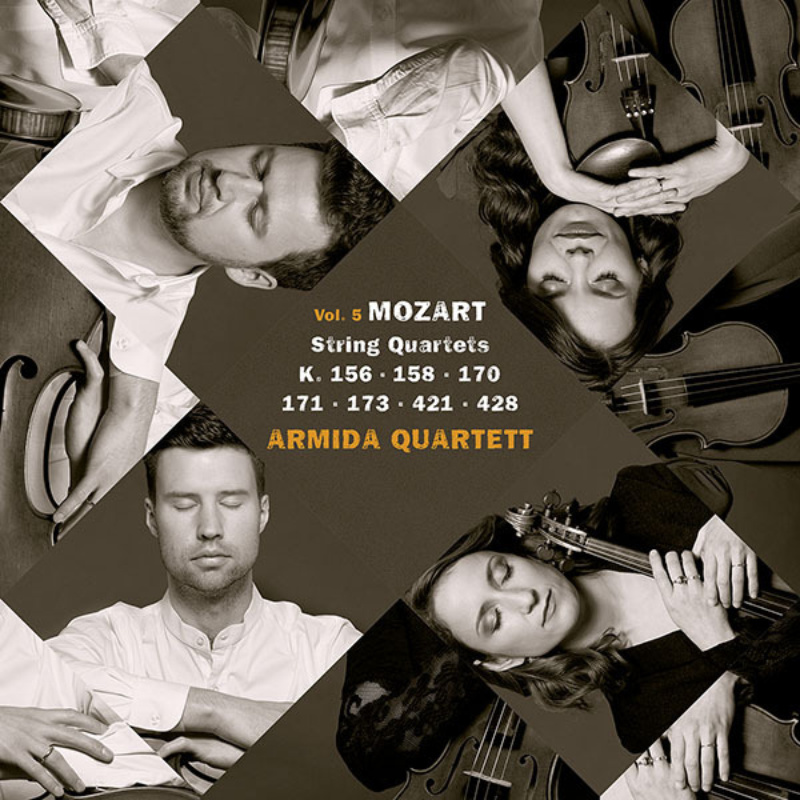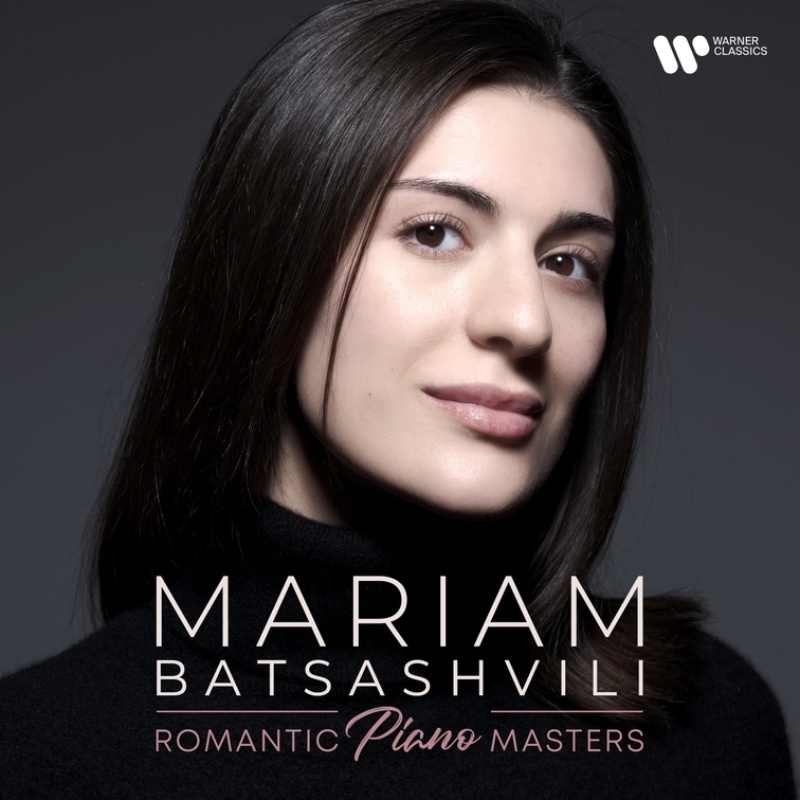For Michael Jarrell, the world premiere of his new work at the Festival Musica in Strasbourg is a home game of sorts. Works of the Swiss composer have made the festival programme no fewer than 16 times over the last three decades, and every year since 2007. His new piece for the Arditti Quartet and Bamberg Symphony, however, was a special challenge. “For me, composing for a string quartet is like writing for an orchestra,” he explains. But then an idea came to him that kick-started the creative process and also provided the work with its title, Spuren (“Traces”). “The string quartet presents a musical idea and leaves behind traces, so to speak. The orchestra then functions as a screen onto which the string quartet’s musical ideas are projected and enlarged.”
It is not just the festival with which Michael Jarrell shares a long history but also the protagonists of the world premiere. “It’s easier when I know for whom I am writing,” he says. “After all, music is a human endeavour. As a composer, I work with the soloists and the conductor; the conductor, in turn, works with the orchestra; and the orchestra plays for the audience. That network is very important for me.” He has cooperated closely with Jonathan Nott, who will conduct the Bamberg Symphony in Strasbourg on 3 October, as well as Irvine Arditti. “I talked with Irvine while composing the first movement, for instance,” he recalls. “It uses only pizzicato throughout, and I had a question about the tempi. That is something you simply have to try out.”
However, Michael Jarrell is not looking for constant contact with the musicians. “I always think about the performers while I’m composing but there are certain advantages to the composer’s perspective, too. You see things differently than someone who has always practiced the same patterns for his whole life. As a composer, I respect the tradition of the instrument, but I also have the freedom to approach it in a more abstract and unprejudiced manner.” His approach to finding new but playable solutions is thoroughly hands-on. “I have a violin at home, for instance, and I go through everything myself – though not in real-time, of course. I’m not a violinist.” Time and again, his technical solutions baffle his soloists. “For instance, I wrote a violin concerto for Isabelle Faust, and in the first rehearsal she asked me: ‘Michael, how did you come up with that? That is the only way you can play this phrase.’ Well, it’s because I see things from the composer’s perspective, not from the one of the performer.”
To always keep an open mind is something Michael Jarrell learned early in life, when at the age of 5 he started taking piano lessons in Geneva. “My teacher encouraged us to invent something on the piano, and then she helped us to write it down. For every recital, we had to learn one of our pieces. Those were also my first lessons in notation, composition and music analysis. And it is why I never had inhibitions about composing, even when I went to the conservatory and I was confronted on my lack of formal training: ‘What, you haven’t done any counterpoint yet?’ They thought that you should finish your studies first before starting to compose in earnest.”
As a child, Michael Jarrell made his way through music history, from Mozart to Beethoven, discovering Chopin, Schubert, Bach and, as a teenager, Stravinsky and Debussy. “It became clear to me that there were no breaks running through the history of music. It continues and there is nothing unusual about it. The big difference between composers of different eras is the way the human place in the world has changed. In Haydn’s works, for example, you just hear that the social structures were clearer and simpler in his time. With Beethoven, things get more complex, and nowadays we live in a world where no one knows how things will turn out.” For Michael Jarrell, his first encounter with new music was hardly the shock it was for other composers of his generation. “You shouldn’t forget that in the military sense of the word, the avant-garde always stays in contact with the main army and cannot just detach from them. Even at its most extreme, the avant-garde is always connected to the world we all live in.”
When he moved from his home town Geneva to Freiburg as a student, however, he also entered into unchartered territory, musically speaking. Here, he explored, step by step, the aesthetics and techniques of contemporary composers, making valuable contacts along the way. “Klaus Huber often told me that my pieces had a French flair to them. This annoyed me and, at the same time, only deepened my affinity to French composers,” he explains laughing. “I am convinced,” he adds, “that our mother tongue, its melody and grammar, shapes how we perceive music.” When he became a professor for composition in Vienna in 1993, he was again reminded of how deep this French streak runs. “In Vienna, the music that appealed to me was considered shallow and playful, and things I didn’t like as much were hyped. But I think these differences are something we should cherish, especially in our times.”
“And that’s what you have to learn as a composer: Who am I and where do I stand?” he continues. “It is my way to get to know myself and evolve, and also to come to terms with who I am.” These early years of professional success proved formative in this regard. Frustrated with a system that is eager to pigeonhole young composers, effectively damning them to repeat themselves again and again, he stopped composing for a year. “The pieces that came after that were very surprising. Before my hiatus, virtuosity had been very important to me, and my music had been quite energetic. I was convinced that music is essentially a play of tension and resolution.” Then I wrote Music for a While, which has a complex form but is based on only a few tones.”
Since then, Michael Jarrell has been careful to create new challenges for himself without losing sight of his identity as a composer. “With my first string quartet Zeitfragmente, for instance, that I wrote for the Arditti Quartet in 1998, I wanted to take new aesthetic risks. So I used something I’d long abandoned, namely working with noises. It was a clear defeat. I recognised that my decision to forgo these things was no coincidence. I always try to move forward, but I cannot rewrite my own history.”
If noises play a role in his music today, it is because Michael Jarrell
rediscovered them via a different route. “I was invited to the IRCAM
relatively early in my career. That was crucial for me since I’ve always
been fascinated by orchestration. The electronics allowed me to further
explore the spatial dimension and to study the noises that arise from
the transformation of instrumental sounds. My attitude towards noises
changed when I noticed that I can create a relation between sounds and
noises. Through electronics I learned to incorporate these things into
my music, even when I write for acoustic instruments.”
Nina Rohlfs, 10/2014 | Translation: Christoph Dennerlein
